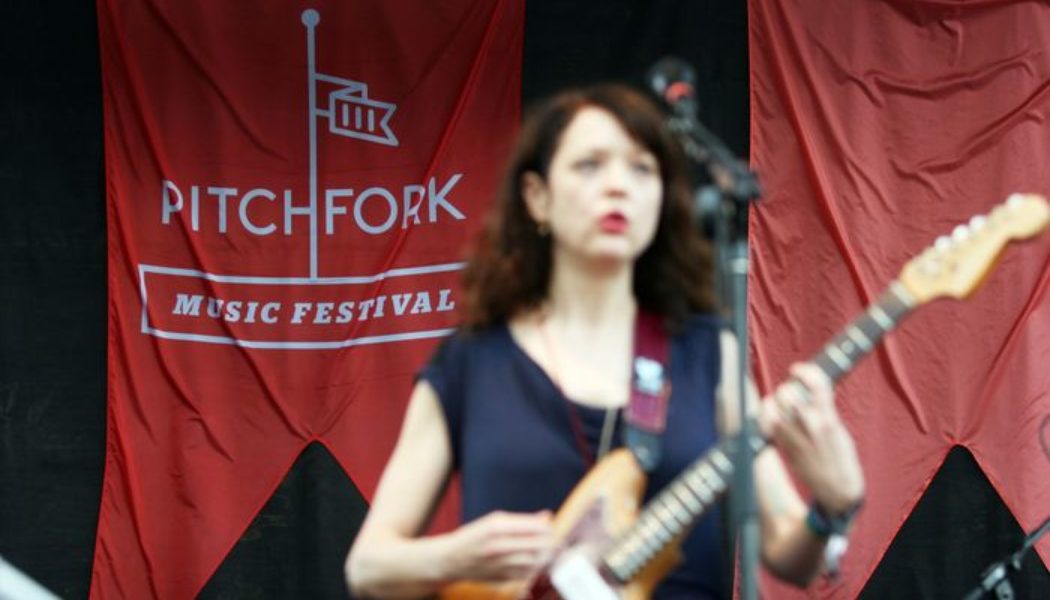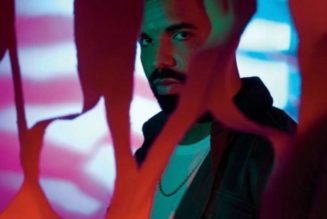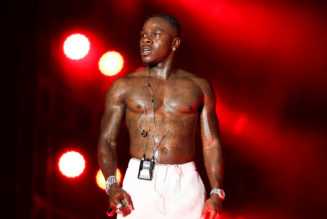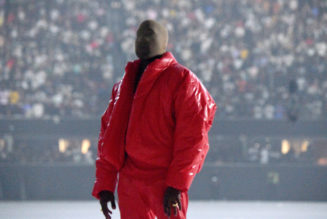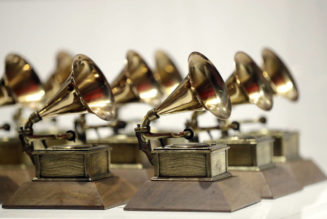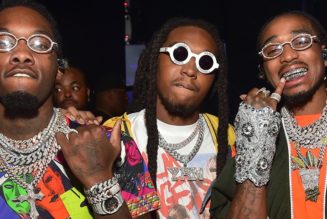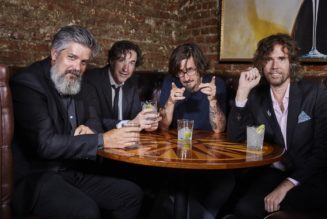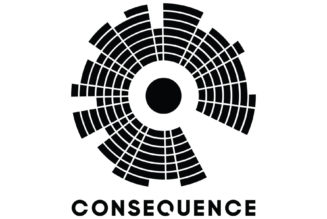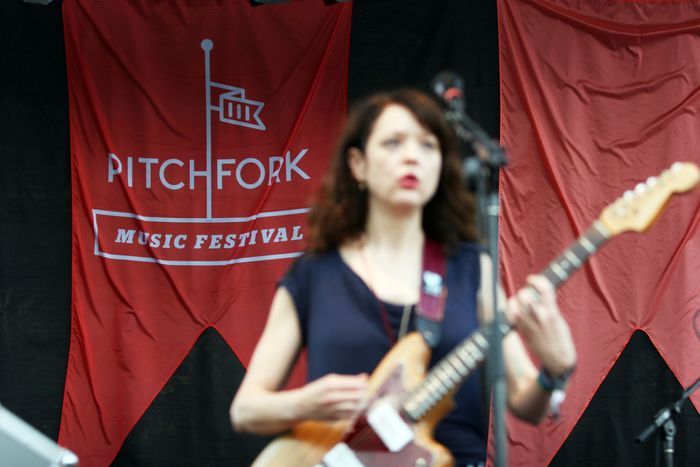
Photo: Roger Kisby/Getty Images
I started reading Pitchfork around 25 years ago, in an era when I rapidly morphed from being a teenager who voraciously consumed everything the radio offered to a collegiate music nerd going to Fugazi, Sonic Youth, and Dismemberment Plan shows. The site had zesty underdog energy; it was a window into a world of weird, challenging, brilliant art that wasn’t getting mainstream exposure. Before our internet cool-hunting infrastructure existed, trying to find anything you liked was patchy and geographical, profoundly shaped by the interests of whoever manned the loudest media bullhorns. Major labels and music retailers were high on the hog in the late ’90s, MTV was a war between pop and metal factions, and prestige music mags couldn’t catch all the prickly lo-fi and indie shit that was trickling into smaller communities. Pitchfork could.
Last week, Anna Wintour, Vogue director and chief content officer of Condé Nast, which purchased Pitchfork in 2015, announced in a memo to staff that the venerated music publication would be folded into GQ. A wave of layoffs pointed to the end of the site as we knew it, a shocking development for a platform that long served as an effusive, sarcastic counterpoint to mainstream music media. Classic Pitchfork reviews made an artist seem like they had the most important mind on the planet. The old write-ups could be a touch deranged, more interested in communicating their excitement than afraid of embarrassing themselves: “It’s cacophonous yet tranquil, experimental yet familiar, foreign yet womb-like, spacious yet visceral, textured yet vaporous, awakening yet dreamlike, infinite yet 48 minutes”; “Source Tags and Codes will take you in, rip you to shreds, piece you together, lick your wounds clean, and send you back into the world with a concurrent sense of loss and hope”; “It’s taken perhaps too long for us to reach this point where an album is at last capable of completely and successfully restoring the tainted phrase ‘emotional’ to its true origin.”
But Pitchfork writers were also boxing against an obstinate and desiccated music industry that couldn’t appreciate weird rap and took multiple album cycles to clock that acts like Arcade Fire, Modest Mouse, and Death Cab for Cutie would move units with the right record and push. Pitchfork linked twee kids, beardos, and obsessives of many stripes with the artists who’d come to shape their tastes, and it documented what was going on in a few of the blind spots in the monoculture. (See also: Perfect Sound Forever, Stereogum, Buddyhead, Tiny Mix Tapes; many such cases.) It wasn’t without glaring blind spots of its own, particularly but not exclusively in the first decade. Mainstream rap of the early aughts was such a favored punching bag that even a glowing review could run reckless. The early indie vanguard inherited the rock mags’ disinterest in R&B. Some of the snark for big fish was laser-guided, and some of it looked like people who needed to get out more. But you took the good and you got the hell outta there — or, as many have done and continue to do, you made a fuss about the writing and writers as an insulted arts patron.
I fussed so much about Pitchfork reviews that I ended up writing them (I maintain that the act of hating on a review comes from the same place as the urge to write one). I grew up dreaming of being paid to pick my favorite musicians’ brains for a job but wouldn’t see a decent payday for a single gig until the site’s then–executive editor Mark Richardson responded to (shaky) writing clips I sent in the early 2010s. That first year or so of freelancing for Pitchfork while working a day job in e-commerce was trippy: My measured, optimistic Watching Movies With the Sound Off and Faces reviews put me in contact with Mac Miller (happy belated birthday; you’d hate 2024); after writing the site’s first Migos review, I fielded months of memes and complaints about overintellectualizing trap. On the inside I worked with people who’d committed their lives to music, while getting lambasted as a hipster dilettante from the outside by onlookers — and occasionally artists — whose concrete understandings of how the place ran and what made the people in it tick were often wholly or partly figments of their imagination. It took the toil of years and years of artists, fans, and critics to nudge the musical discourse to the place where we could even have these debates about observing marginalized people’s art in a critical lens. (Please read Amiri Baraka for mise en scène from the era where the critic truly did not give a fuck about their subject.)
Writers take that heat because more important than whatever you get into your head about us personally is giving art the close reading it deserves. For most of the history of music journalism, or any journalism, this was a luxury largely enjoyed by straight white male writers and readers, the main characters of western business and politics. For all the chaotic choices Pitchfork was capable of making, it was trying to shift the balance. You couldn’t always read a gay writer on some street rap. You couldn’t count on women getting the jobs to write about women. Prince literally had to request Black profilers. Poptimism discourse always smelled funky. Some of y’all were too fried about smart young people from othered classes wedging a toe in the discourse, acting like your icons were blemished by association with people you don’t care for.
The sense that paying critical attention to more music is overcorrective has always struck me as too silly to take very seriously, too myopic to recognize its own hunger for totalizing control of the narrative. But since it has come up as an excuse for people to scoff at Pitchfork being absorbed into GQ, it bears spelling out that it is a dusty way to think about music being released during a decade when the pop girlies serve slacker-rock teas and the folk-pop and hard-rock guys have a taste for trap beats. In a just timeline, you’d spend 2024 fighting to explain how grousing about pop, rap, R&B, and dance music getting too much shine (when Big Thief got more 9’s than Beyoncé) differs from anti-DEI logic. It’s ugly to be glib about people losing jobs because you chafed over some writing, to use someone else’s misfortune to air your own grievances. You come off looking pro-you, not pro-art (the pro-art stance is solidarity). This brand of Schadenfreude — in a climate of successful sites getting clapped, and notable video games and television shows vanishing from servers in under a year, and songs and albums slipping out of streaming-service availability — is bold and short-sighted. Eventually we all get caught humming “Taps” for some semblance of life as we once knew it.
But declaring the whole of music journalism to be dead amid the uncertainty of Pitchfork (and the many alt weeklies and indie stalwarts we’ve lost) is premature. You don’t memorialize the whole local nightlife scene because a club got shut down. You follow your favorite staff to the next venture. As long as culture can live — [election-year shudder] — so, too, will florid fights around it. This isn’t a story of a website floundering because readers quit on it. It’s disrespectful to the many writers still fighting the good fight, and to the relentlessness of a crafty generation that turned LiveJournal, Tumblr, and Twitter posts into respectable jobs, to declare a lost cause here.
I spent the last few days wondering whether I should’ve dreamed of a different vocation when I was a kid. What killed that thought was the reality that there isn’t a corner of the planet that’s safe from a terribly researched corporate whim right now — just look at what’s left of Twitter, or trace the trail of gaming-industry layoffs — and the ray of hope that an audience still exists. I’m not excited for the immediate future. It’s a catastrophic time to have fewer hard-news outlets counterbalancing the drip of misinformation seeping into every aspect of society, and the loss of any intermediary party connecting independent artists with interested listeners affects who does and doesn’t pierce the monoculture. Shit stagnates when shit stagnates. Press outlets shuttering and education programs withering together in a time of political and corporate greed and grift is no magic coincidence; it is a wonderful benefit to people in power for us to know less and speak less. I’m tired and spooked, but I spectated too many left-field cultural revolutions to call this a wash. So much is on the move that it’s hard to know exactly what the internet will look like in even a few years; hopefully there’ll be opportunities to build amid the chaos. A generation ago, a wave of scrappy music nerds systematically reshaped a section of the critical sphere after their image, like their predecessors in the 1960s who evangelized so effectively for rock and roll that their grandchildren still felt certain it was the default American music. It can be done again, right?
